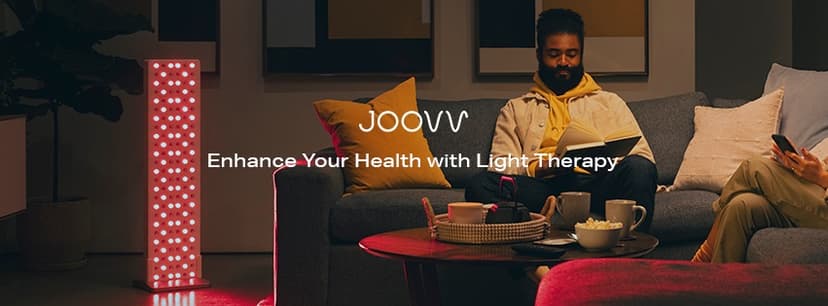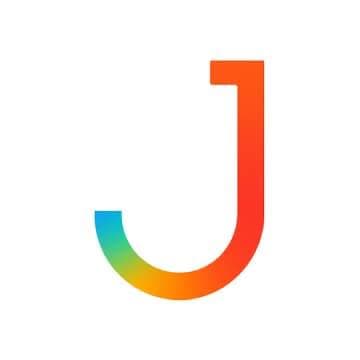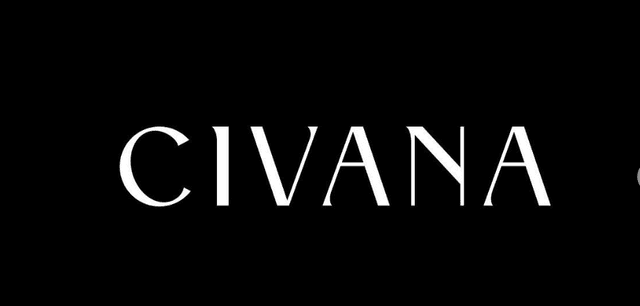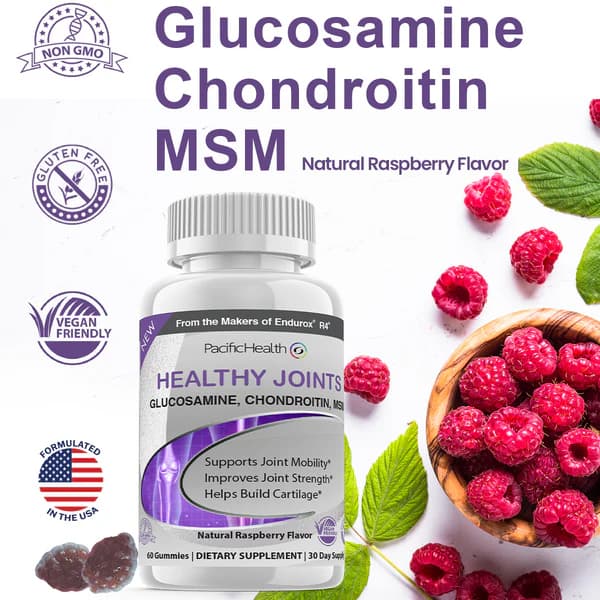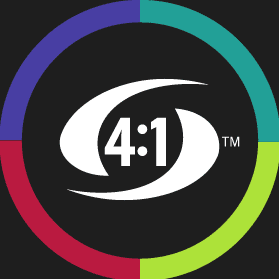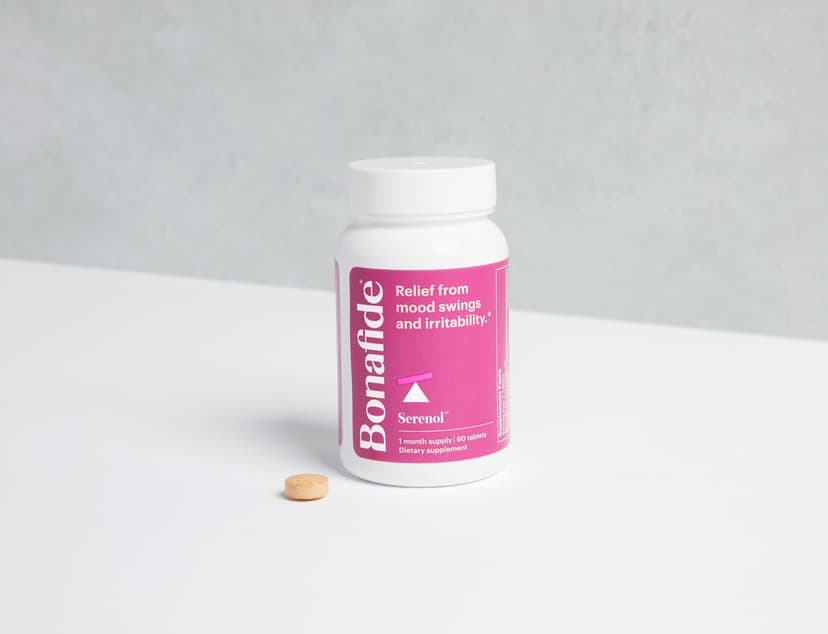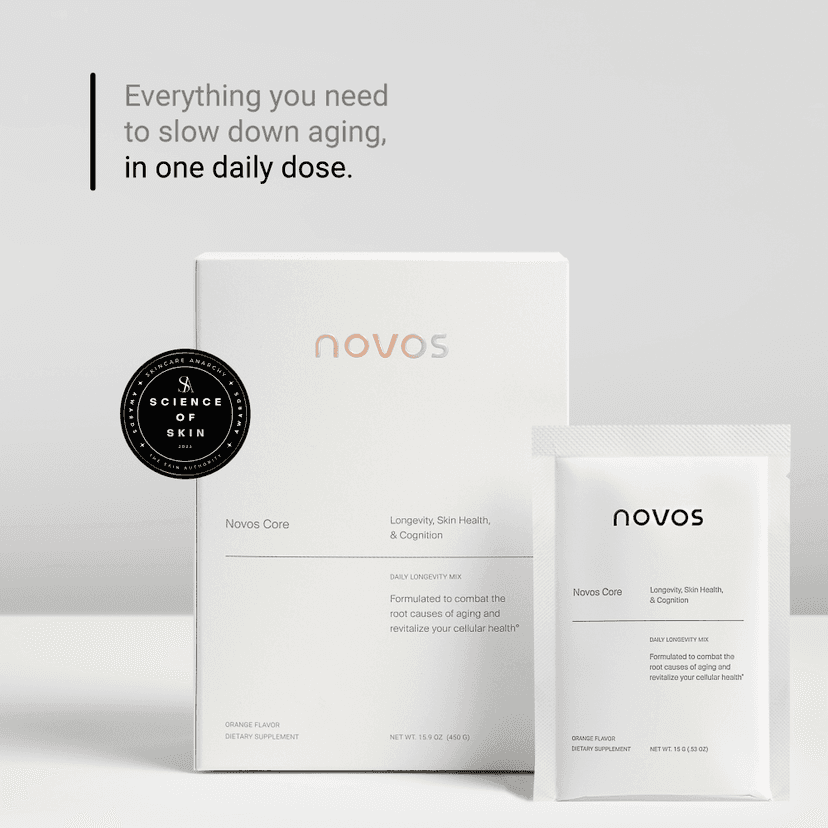Biohacking is all about making smart changes to your lifestyle to boost your body and mind. Whether it's improving your sleep, diet, exercise, or mental state, biohacking uses science and technology to help you feel your best. From taking vitamins and nootropics to using light therapy and practicing mindfulness, there are many simple yet effective biohacks you can try. This guide will show you how to personalize these strategies to fit your needs, whether you're an athlete, a busy professional, or just someone looking to improve their well-being.
Key Takeaways
- Biohacking involves making changes to your lifestyle and biology to improve health and performance.
- It's not just for athletes; anyone can benefit from biohacking techniques.
- Simple biohacks include taking vitamins, practicing mindfulness, and using light therapy.
- Personalized strategies are key to finding what works best for you.
- Biohacking combines science, technology, and self-experimentation to optimize well-being.
Understanding the Basics of Biohacking
Defining Biohacking
Biohacking is about making small, intentional changes to your lifestyle to improve your health and performance. It combines science, technology, and self-experimentation to help you take control of your biology. This can range from simple habits like better sleep routines to advanced techniques like genetic modifications.
History and Evolution
The concept of biohacking has evolved over time. It started with basic lifestyle changes and has grown to include sophisticated technologies. Early biohackers focused on diet and exercise, but today's biohackers use data and scientific research to guide their practices.
Core Principles
Biohacking is guided by a few core principles:
- Self-Experimentation: Trying different methods to see what works best for you.
- Data-Driven Decisions: Using data to track progress and make informed choices.
- Incremental Changes: Making small adjustments over time for lasting results.
Biohacking is about understanding your body and mind better, so you can make choices that lead to a healthier, more fulfilling life.
Nutritional Optimization for Peak Performance
Essential Nutrients and Supplements
Nutritional optimization isn't about following diet trends; it's about finding what works best for your body. Biohackers swear by personalized nutrition because it tailors a unique food plan that fits you perfectly. Forget the one-size-fits-all approach; this is about understanding what your body needs.
Intermittent Fasting
Intermittent fasting is a popular biohacking technique that can activate autophagy, a process where your body cleans out damaged cells and regenerates new ones. This method can help improve cellular metabolism and energy production.
Personalized Diet Plans
Personalized nutrition planning often uses genetic testing to provide insights into your health conditions, dietary sensitivities, and responses to different types of exercises. This information can be used to create a diet plan that optimizes your health outcomes.
Personalized nutrition is like creating a unique food plan that fits you like a glove. It’s about understanding what your body needs and tailoring your diet accordingly.
Enhancing Cognitive Function with Nootropics
Popular Nootropics and Their Benefits
Nootropics, often called "smart drugs," are supplements that people use to boost brain power. They can help with memory, focus, mood, and creativity. Some popular nootropics include caffeine, L-theanine, and ashwagandha. These substances act like personal trainers for your brain, helping it perform at its best.
How to Use Nootropics Safely
Using nootropics safely is crucial. Start with small doses to see how your body reacts. Always read labels and follow the recommended guidelines. It's also a good idea to consult with a healthcare provider before starting any new supplement.
Scientific Research on Nootropics
Research on nootropics is ongoing. Some studies show promising results, especially in improving executive functions like decision-making and problem-solving. However, more research is needed to fully understand their long-term effects.
Nootropics can be a valuable tool in your biohacking toolkit, but they should be used responsibly and with caution.
Improving Sleep Quality Through Biohacking
Sleep Tracking Technologies
Quality sleep is crucial for overall health and well-being. Wearable technology can help you monitor and improve your sleep patterns. Devices like smartwatches and fitness trackers provide insights into your sleep stages, duration, and disturbances. This data can help you make informed decisions to enhance your sleep quality.
Effective Sleep Hygiene Practices
Good sleep hygiene is essential for a restful night. Here are some tips to improve your sleep hygiene:
- Maintain a consistent sleep schedule
- Create a relaxing bedtime routine
- Keep your bedroom cool, dark, and quiet
- Avoid caffeine and heavy meals before bedtime
- Limit screen time before sleep
Supplements for Better Sleep
Certain supplements can support better sleep. Melatonin, magnesium, and valerian root are popular choices. However, it's important to consult with a healthcare professional before starting any new supplement regimen.
Improving your sleep quality can lead to better overall health, increased productivity, and enhanced cognitive function. By incorporating biohacking techniques, you can take your sleep to the next level.
Exercise and Physical Performance Hacks
High-Intensity Interval Training (HIIT)
High-Intensity Interval Training, or HIIT, involves short bursts of intense exercise followed by rest periods. This method is known to improve cardiovascular health, burn fat, and boost metabolism. HIIT workouts are efficient and can be completed in a shorter time compared to traditional workouts.
Strength Training Techniques
Strength training is essential for building muscle, increasing strength, and improving overall physical performance. Techniques such as progressive overload, compound exercises, and proper form are crucial for maximizing results and preventing injuries.
Recovery and Injury Prevention
Recovery is a vital part of any exercise routine. Effective recovery strategies include adequate sleep, hydration, and nutrition. Additionally, incorporating practices like stretching, foam rolling, and cold therapy can help reduce inflammation and speed up muscle recovery.
Remember, listening to your body and allowing time for recovery is just as important as the exercise itself. Pushing too hard without proper recovery can lead to injuries and setbacks.
Mental and Emotional Well-being
Mindfulness and Meditation
Mindfulness and meditation are powerful tools for enhancing mental and emotional health. These practices help improve focus, reduce stress, and increase emotional resilience. Regular meditation can lead to a calmer and more centered mind.
Stress Management Techniques
Managing stress is crucial for maintaining overall well-being. Here are some effective techniques:
- Deep breathing exercises
- Progressive muscle relaxation
- Time management skills
- Engaging in hobbies and activities you enjoy
Emotional Resilience Building
Building emotional resilience helps you cope with life's challenges more effectively. Consider these strategies:
- Develop a strong support network
- Practice positive self-talk
- Set realistic goals and expectations
- Learn from past experiences
Emotional resilience is not about avoiding stress but about learning how to thrive despite it.
Advanced Biohacking Techniques
Genetic Testing and Personalized Medicine
Genetic testing allows you to understand your unique genetic makeup. This can help tailor personalized health plans that suit your specific needs. By knowing your genetic predispositions, you can make informed decisions about diet, exercise, and even medication.
Wearable Technology
Wearable technology, like fitness trackers and smartwatches, provides real-time data on your health. These devices can monitor heart rate, sleep patterns, and physical activity, helping you make data-driven decisions to improve your well-being.
Light and Sound Therapy
Light and sound therapy use specific wavelengths and frequencies to promote healing and relaxation. These therapies can help reduce stress, improve sleep, and enhance overall mental health. They are non-invasive and can be easily integrated into your daily routine.
Advanced biohacking techniques offer innovative ways to optimize your health and performance. By leveraging technology and personalized data, you can achieve your wellness goals more effectively.
Conclusion
Biohacking offers a unique way to take control of your health and well-being. By making small, intentional changes to your lifestyle and environment, you can unlock your body's full potential. Whether it's through better sleep, improved diet, or mental exercises, the benefits are clear and accessible to everyone. As you explore these biohacks, remember that the goal is to find what works best for you. With the right approach, you can enhance your physical and mental performance, leading to a healthier, more fulfilling life.
Frequently Asked Questions
What is biohacking?
Biohacking is the practice of making small, intentional changes to your lifestyle and environment to improve your health, performance, and well-being.
Is biohacking safe?
Biohacking can be safe if done correctly. It's important to research thoroughly and consult with healthcare professionals before trying new techniques.
What are some common biohacking techniques?
Some common biohacking techniques include intermittent fasting, taking nootropics, using sleep trackers, and practicing mindfulness and meditation.
Can biohacking help with mental performance?
Yes, biohacking can help improve mental performance. Techniques like taking nootropics, practicing mindfulness, and optimizing your diet can boost cognitive function.
Do I need expensive equipment to start biohacking?
No, you don't need expensive equipment to start biohacking. Many techniques, like mindfulness, meditation, and intermittent fasting, are free or low-cost.
How do I begin biohacking?
Start by identifying your goals. Research different techniques and begin with small, manageable changes. Always consult with a healthcare professional if you're unsure.
